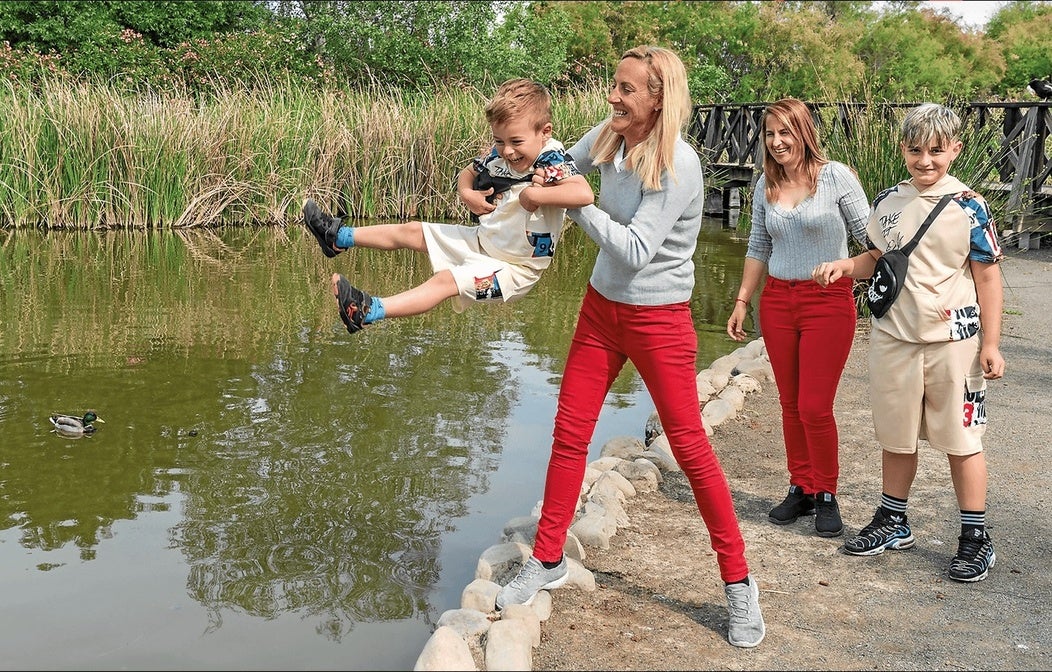
The generation of equal marriage
Twenty years ago, Spain set an example to the world by passing a law that not only gave same-sex couples the right to marry, but also to adopt. That moment changed the history of an entire country
Experts say that perspective, when analysing a historical event, is essential in order not to jump to conclusions. We don't know if 20 years is long enough, but in the two decades since marriage rights have become equal, something has changed profoundly in the country. Because by now, no one doubts that in 2005, Spain made history. Parliament passed the law allowing same-sex marriage, making this the third country in the world to recognise this right. What was then one of the most controversial decisions of José Luis Rodríguez Zapatero's term in office is now a fully established legal reality, supported by the majority of society.
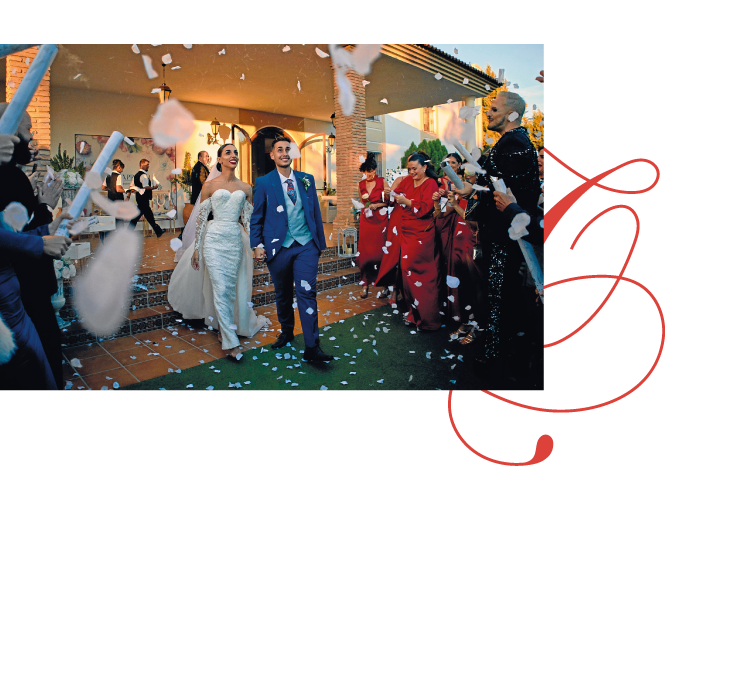
Regina and Dani are
one of SIX's favourite couples.
In 2023 they said
el ‘I do’.
Bruno Campos
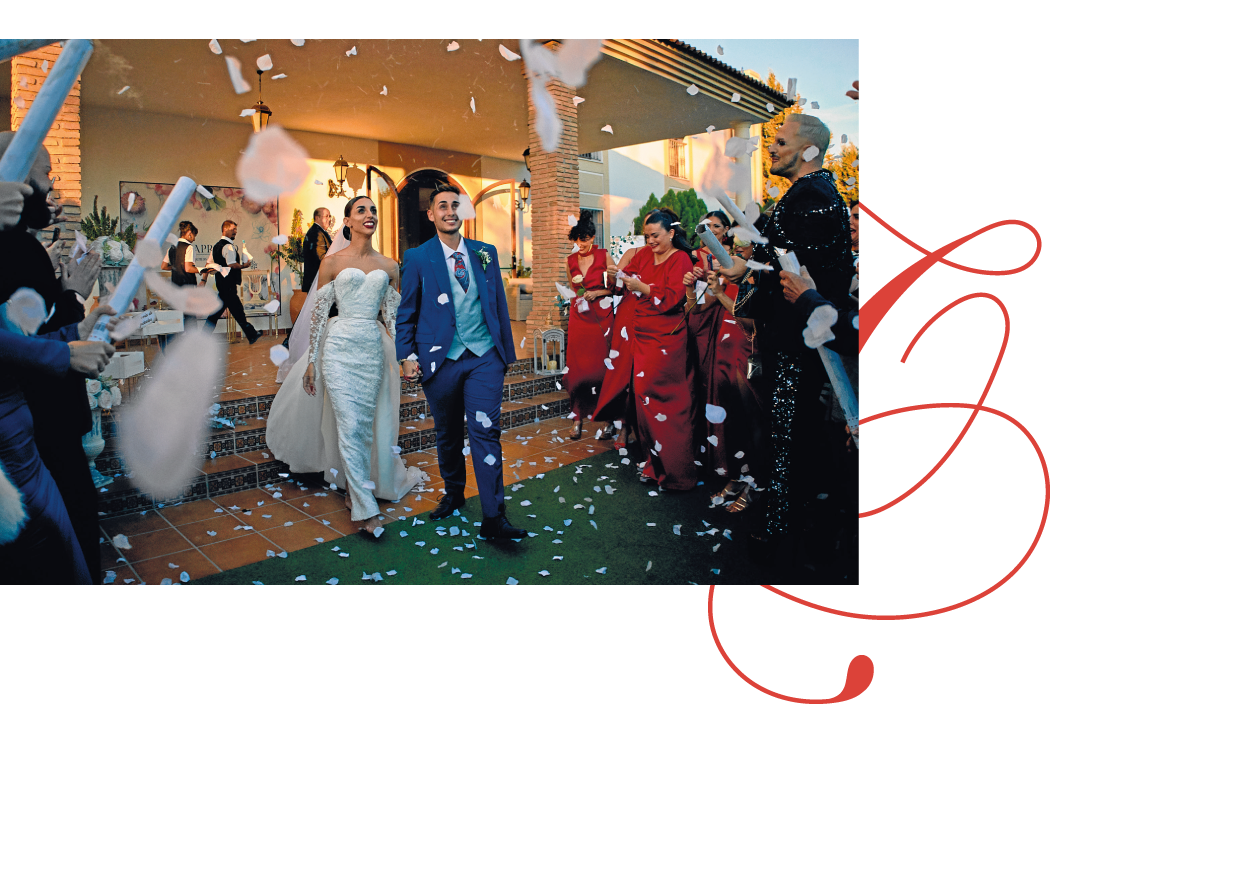
Regina and Dani are
one of SIX's favourite couples.
In 2023 they said
el ‘I do’.
Bruno Campos
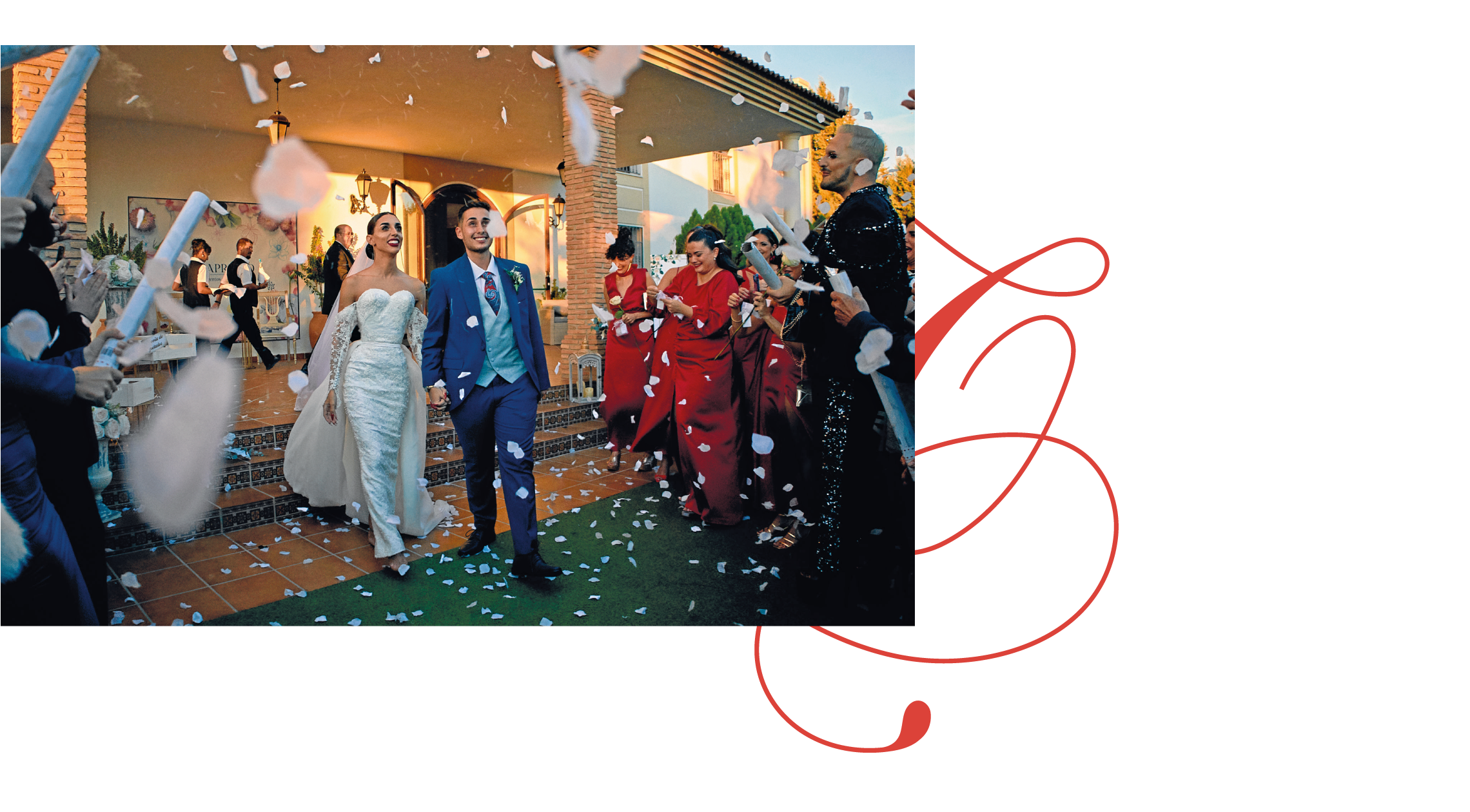
Regina and Dani are
one of SIX's favourite couples.
In 2023 they said
el ‘I do’.
Bruno Campos
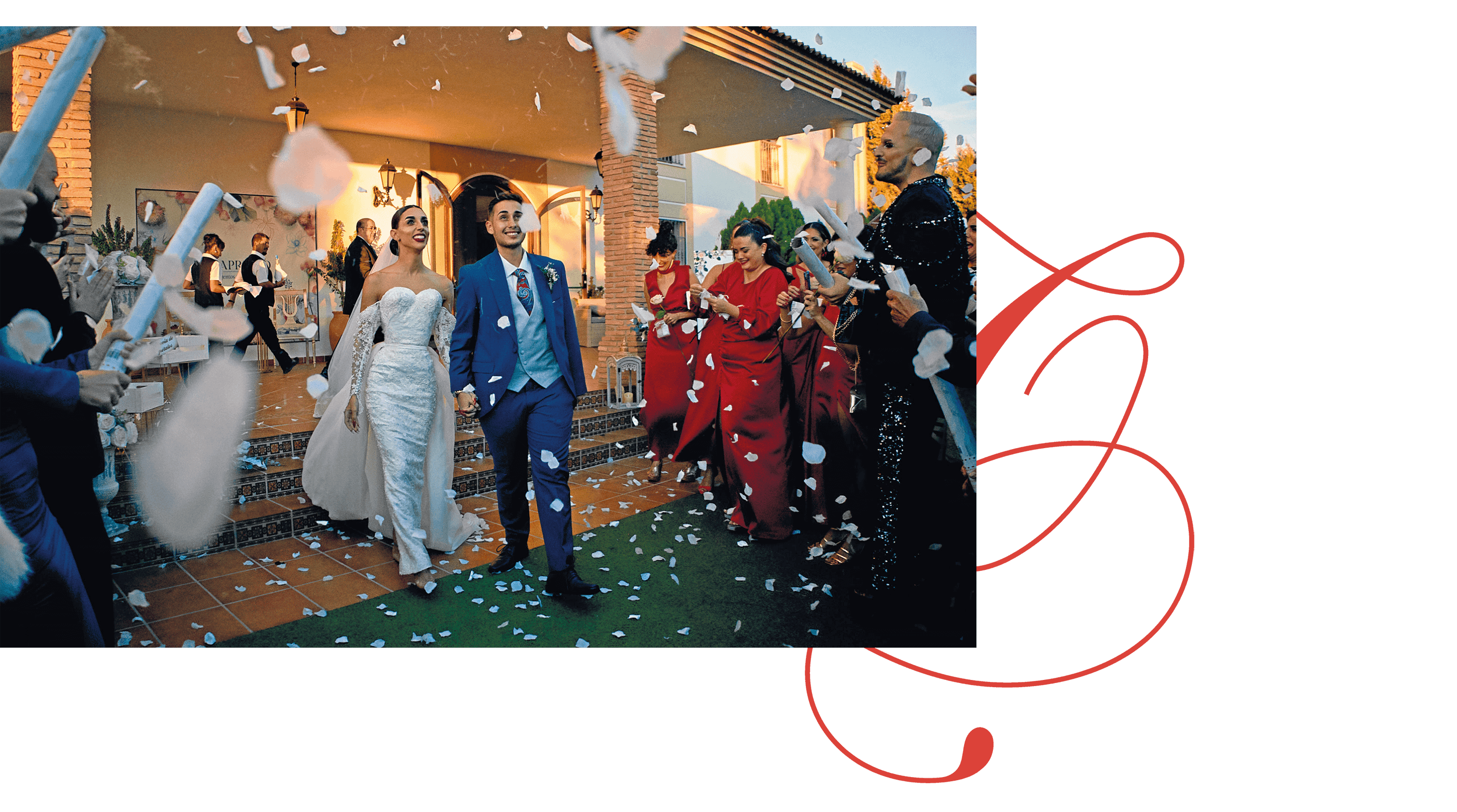
Regina and Dani are
one of SIX's favourite couples.
In 2023 they said
el ‘I do’.
Bruno Campos
Acceptance of same-sex marriage soared after the law was passed, proving that legislation can change society for the better
In fact, the approval of equal marriage marked a turning point in Spanish politics and social life. Those who defended this law at the time presented it as a question of justice and equality. The objective was always to grant all citizens, regardless of sexual orientation, the same civil rights. These rights included access to marriage and, although many forget, adoption.
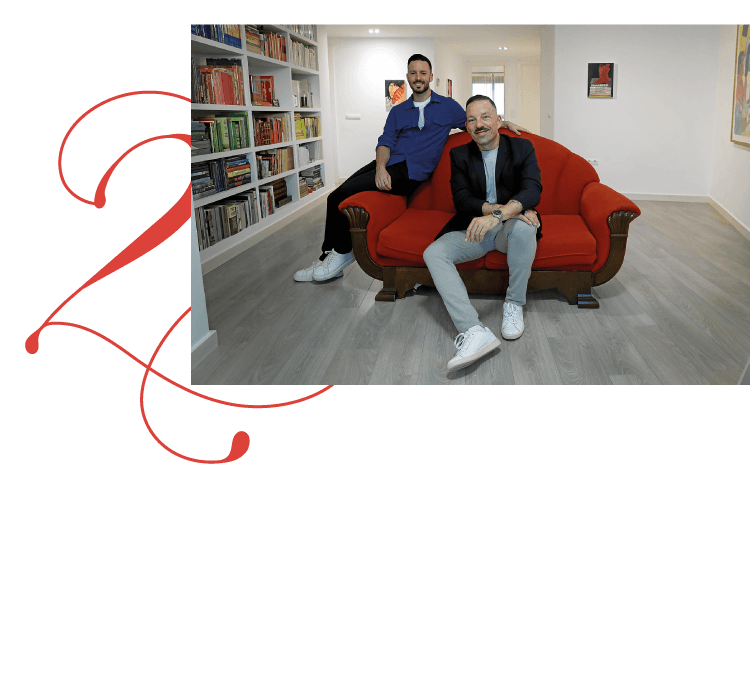
Christian Mellado
and Pedro Alarcón's
marriage
is a cultural
reference point in Malaga.
Migue Fernández
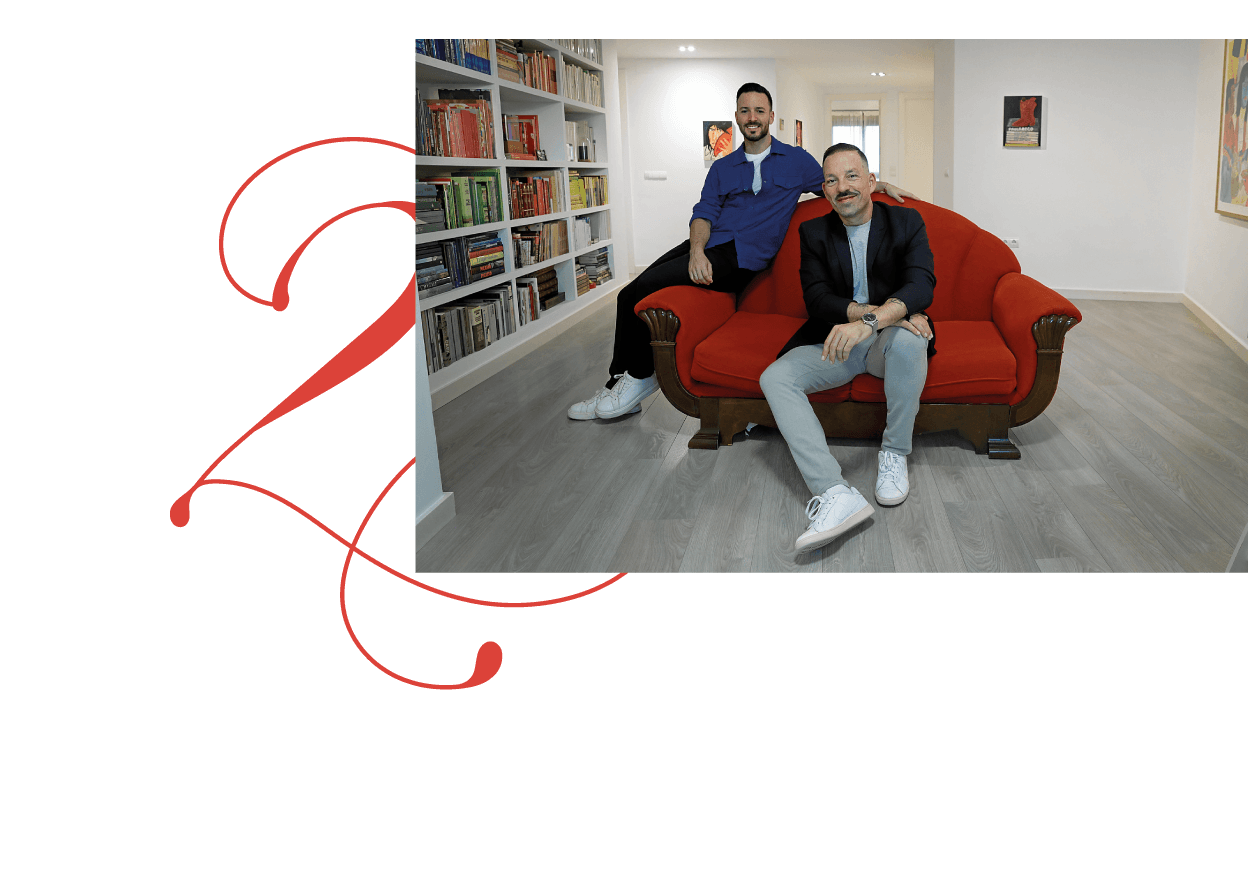
Christian Mellado
and Pedro Alarcón's
marriage
is a cultural
reference point in Malaga.
Migue Fernández
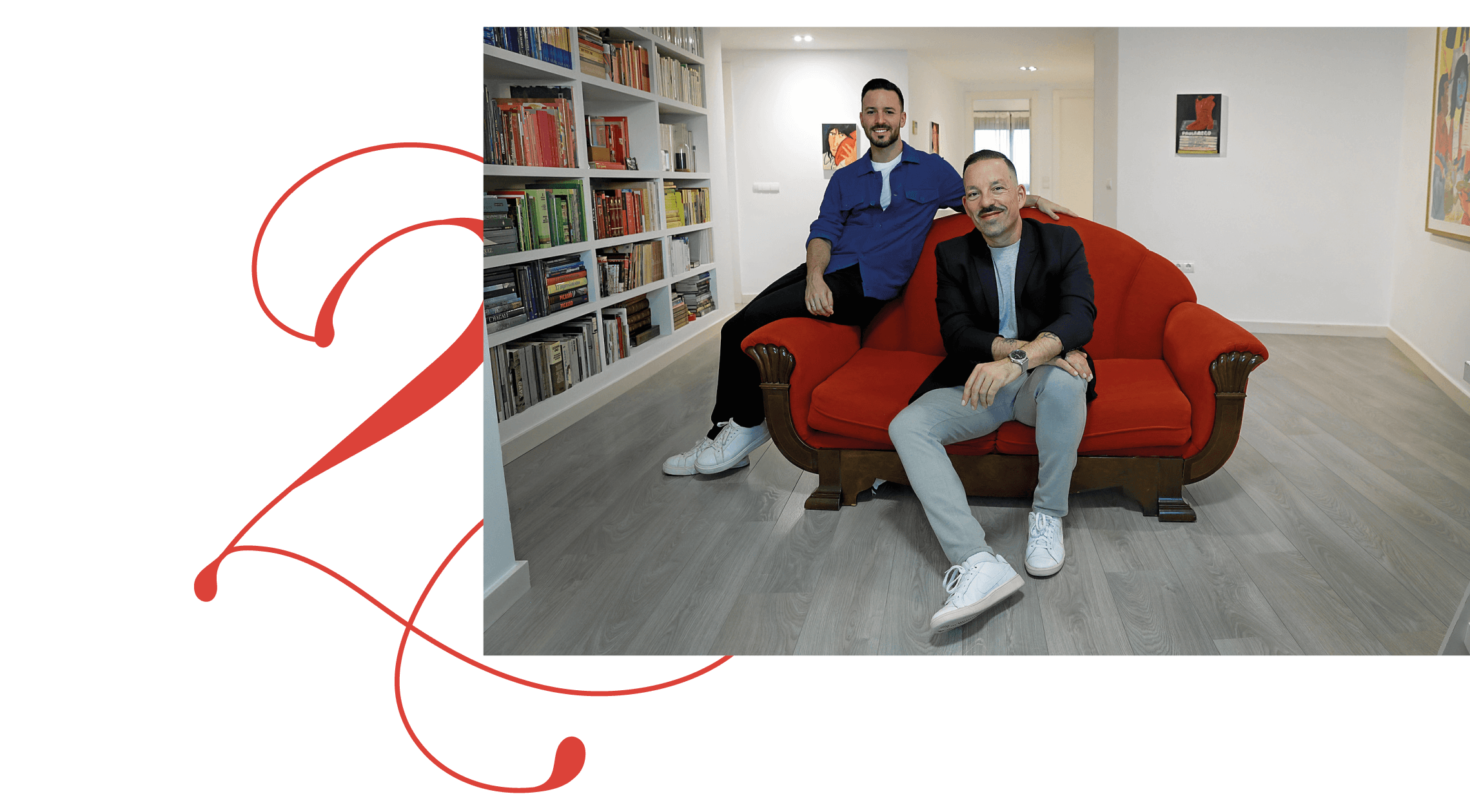
Christian Mellado and Pedro Alarcón's
marriage is a cultural
reference point in Malaga.
Migue Fernández
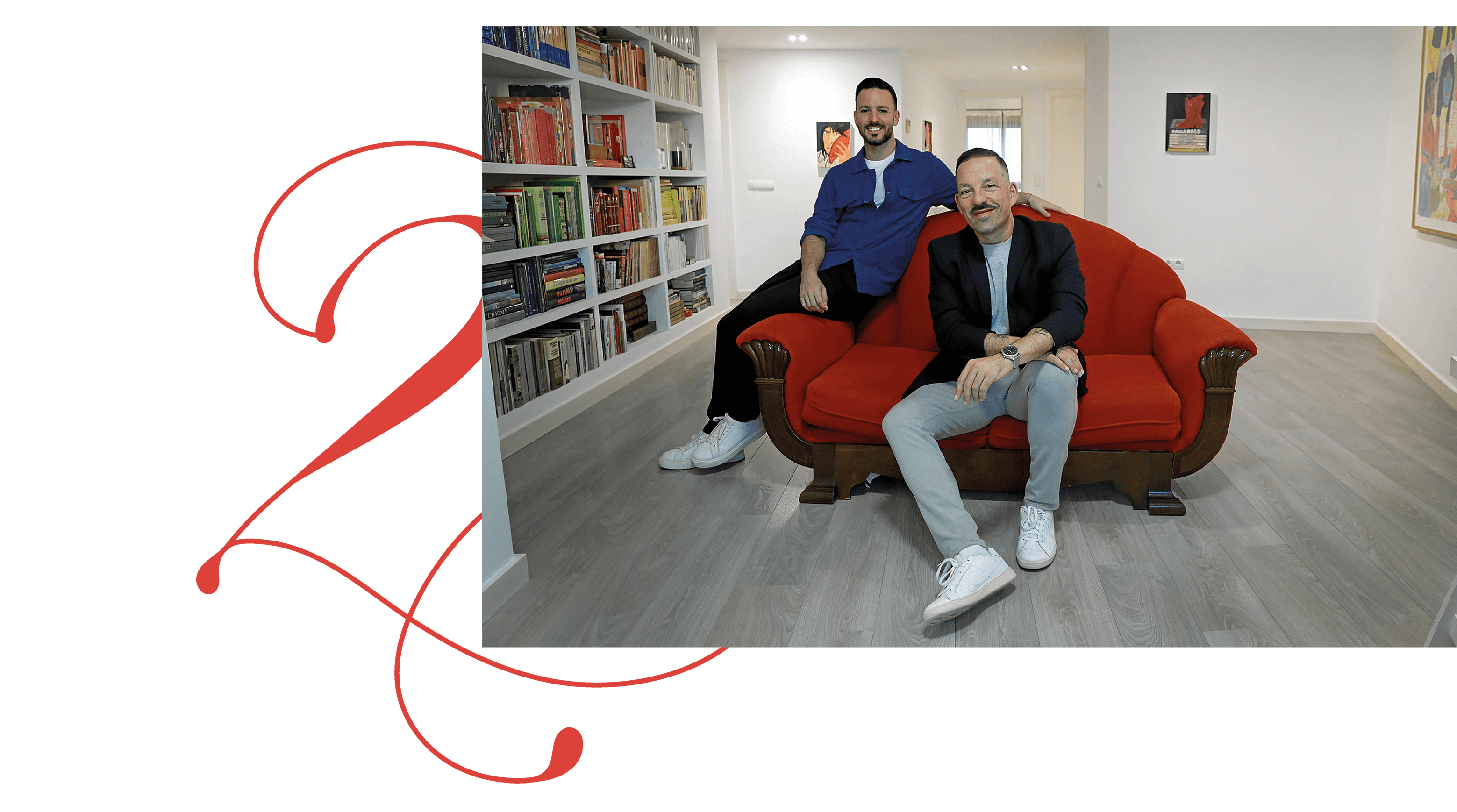
Christian Mellado
and Pedro Alarcón's
marriage
is a cultural
reference point in Malaga.
Migue Fernández
In 2012, the constitutional court rejected the final appeal against the law
Twenty years ago, right-leaning political and religious organisations firmly opposed the updated law. They argued that marriage should be reserved for the union between a man and a woman, and that allowing homosexual couples to adopt put the "welfare of minors" at risk. For weeks, thousands of people took to the streets in demonstrations organised by the Family Forum. At the same time, legal alternatives were proposed, which avoided redefining the traditional concept of marriage. Years later, many of these voices recognise that opposing this right was a historic mistake, especially after Spanish society had advanced so rapidly in such a short period of time.
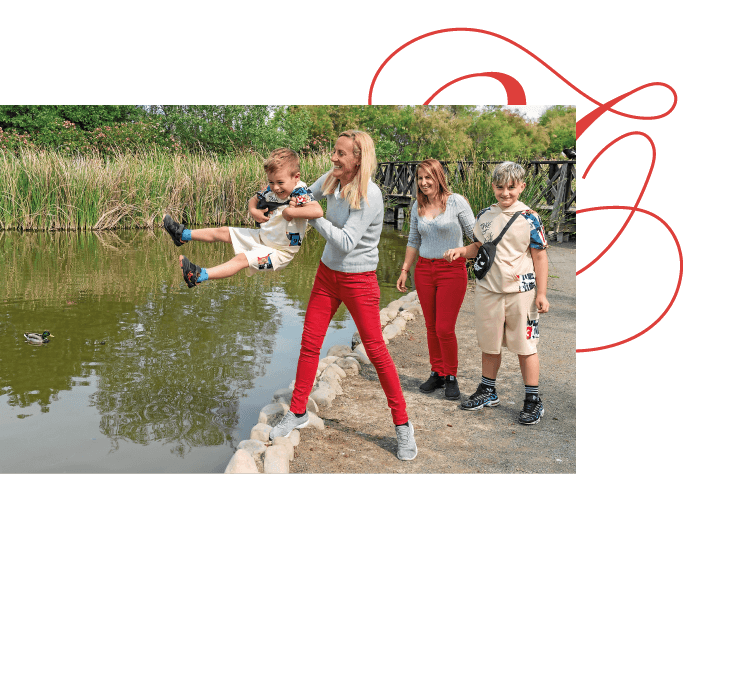
Vanesa and Miriam were one
of the first LGBT+ couples
to get married in Andalucía.
Juan C. Domínguez

Vanesa and Miriam were one
of the first LGBT+ couples
to get married in Andalucía.
Juan C. Domínguez

Vanesa and Miriam were
one of the first
LGBT+ couples to
get married in Andalucía.
Juan C. Domínguez
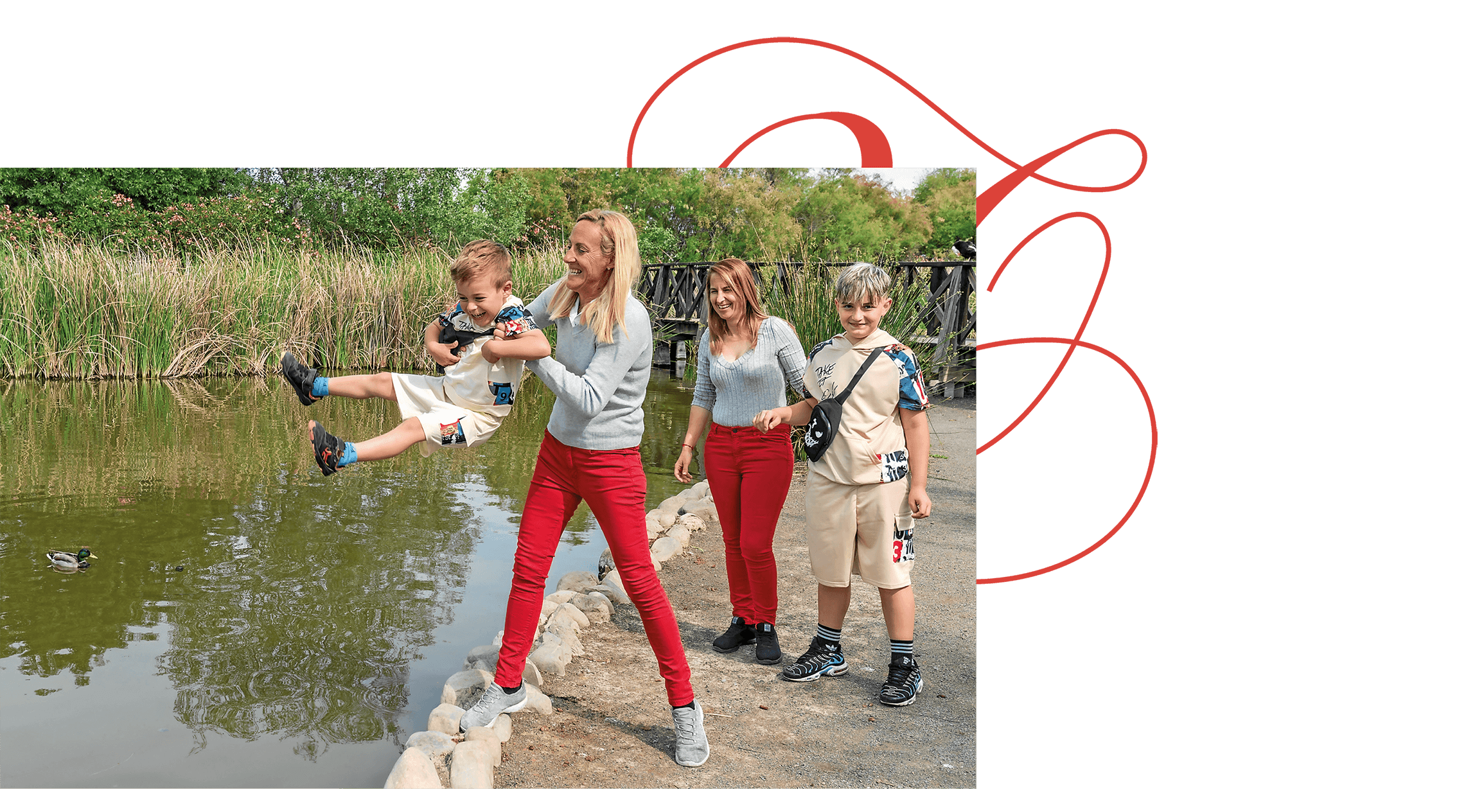
Vanesa and Miriam were
one of the first
LGBT+ couples to
get married in Andalucía.
Juan C. Domínguez
A glance at articles from that time is enough to understand that, in 2005, a social debate was in full swing. According to data from the Centro de Investigaciones Sociológicas (CIS), in that year 66% of Spanish people supported equal marriage. However, opinion on adoption was quite different: only 49% were in favour. Support was strongest among young people, people with higher education and residents of large cities, while those over 55 and practising Catholics were more strongly opposed. In those years, many people shared this ideology: "Marriage is OK, but not adoption. A child needs a father and a mother." But despite the debate, the trend was clear: Spanish society was moving towards greater acceptance of LGBT+rights.
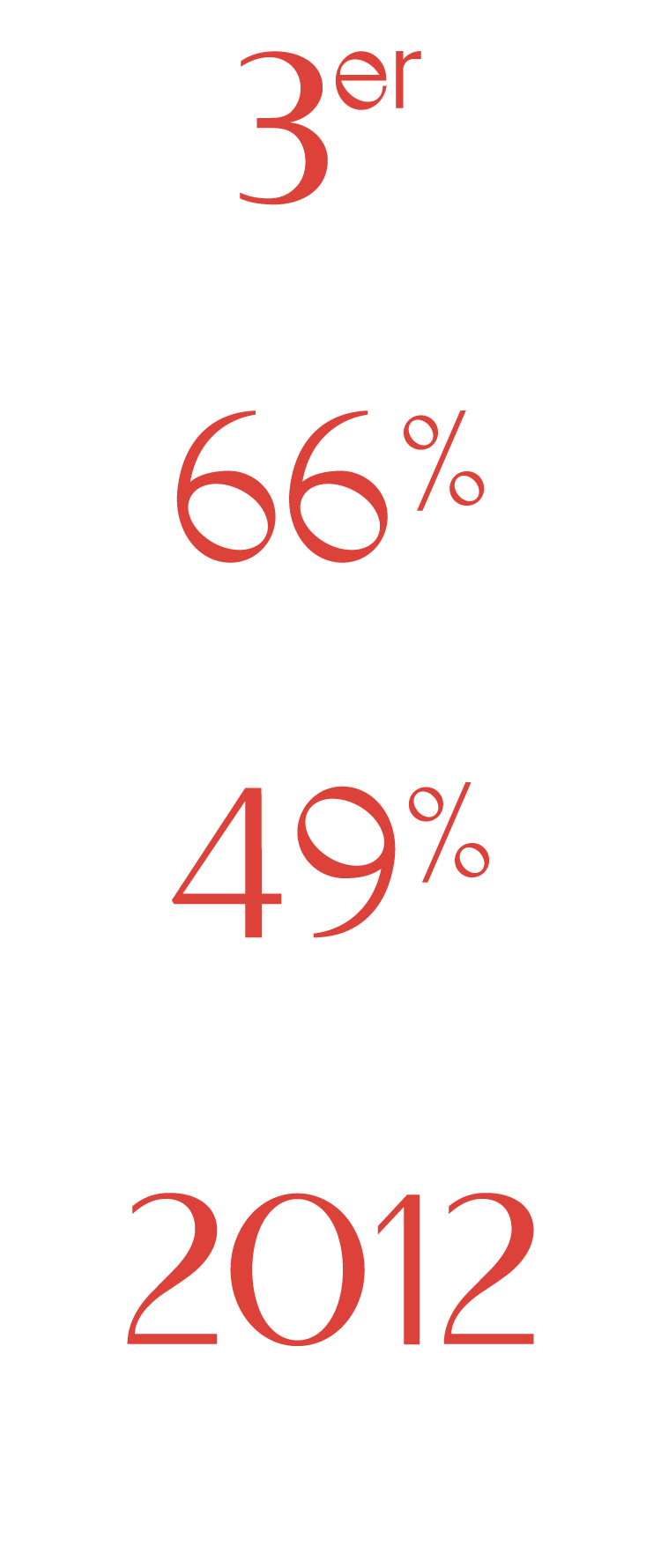
country in the world to recognise
the right to
same-sex marriage
of the Spanish population supported
LGBT+ marriage in 2005,
according to data from the CIS
of those surveyed by the CIS
in 2005 supported the right for
same-sex couples
to adopt
The constitutional court
rejected Partido Popular's
appeal against
the LGBT+ marriage law
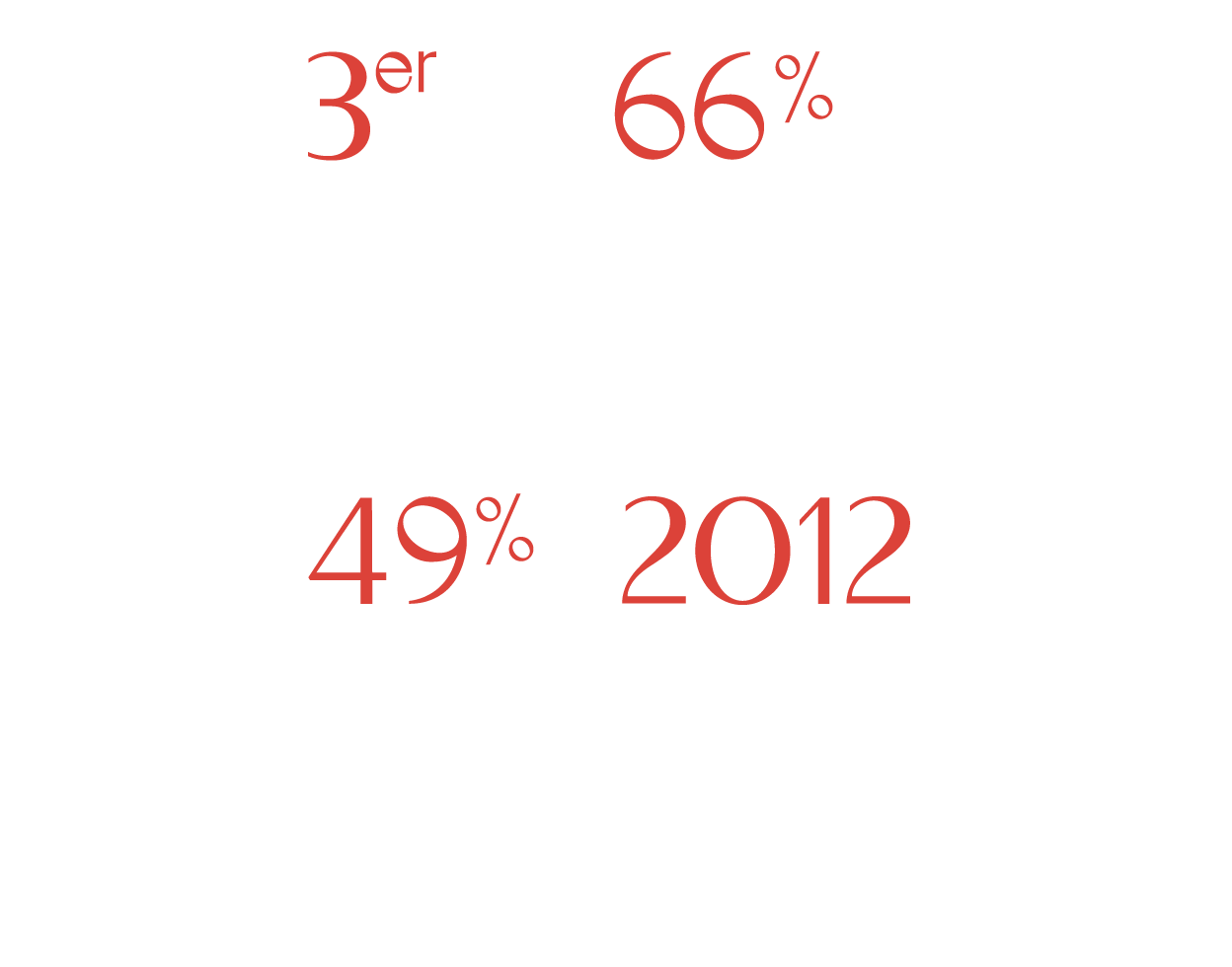
country in the world
to recognise
the right
to same-
sex
marriage
of the Spanish population
supported equal
marriage in 2005,
according to data
from the CIS
of those surveyed
by the CIS in
2005 supported
the right for
same-sex couples
to adopt
The constitutional
court
rejected
Partido Popular's
appeal against
the LGBT+ marriage
law

country in the world
to recognise
the right
to same-
sex
marriage
of the Spanish population
supported equal
marriage in 2005,
according to data
from the CIS
of those surveyed
by the CIS in
2005 supported
the right for
same-sex couples
to adopt
The constitutional
court
rejected
Partido Popular's
appeal against
the LGBT+ marriage
law

country in the world
to recognise the
right to
same-
sex
marriage
of the Spanish population
supported equal
marriage in 2005,
according to data
from the CIS
of those surveyed
by the CIS in 2005
supported the right for
same-sex couples
to adopt
The constitutional court
rejected Partido Popular's
appeal against
the LGBT+ marriage
law
Where are we now? 20 years later, Spain is a different country and society has completely changed. The right to equal marriage has more than the majority of social support. According to Eurobarometer 2023, 88% of Spanish people believe that same-sex unions should be allowed throughout Europe. A Pew research centre survey from the same year shows a similar figure: 87% support among the Spanish population.

Ángelo Néstore and
Martín de Arriba
(Pink Chadora),
the most creative
wedding in Spain?

Ángelo Néstore and Martín de Arriba
(Pink Chadora), the most
creative wedding in Spain?

Ángelo Néstore and Martín de Arriba
(Pink Chadora), the most
creative wedding in Spain?

Ángelo Néstore and
Martín de Arriba
(Pink Chadora),
the most creative
wedding in Spain?
Acceptance has grown even among conservative voters and religious people. Equal marriage is no longer part of political questioning and is a reality that is accepted by society and normalised in public and private life.
Noticia relacionada
Jon and David: 'This is our family, but there are others just as valid'
The last milestone related to marriage occurred in 2012, when the constitutional court rejected Partido Popular's appeal against the law. This confirmed not only its legal validity, but also the profound cultural change that had taken place in the country.
Spain, which decades earlier had lived under an authoritarian regime that criminalised homosexuality under laws such as Vagos y Maleantes, was now among the most advanced countries in terms of LGBT+ rights, making it an example to many other countries, including Latin America.
Two decades after its approval, equal marriage is no longer part of the public debate and has become a symbol of social progress. It's an example of how laws can and should be ahead of society. This is undoubtedly the generation of equal marriage.
Credits
-
Special typography: Durer, Iframe Type Foundry

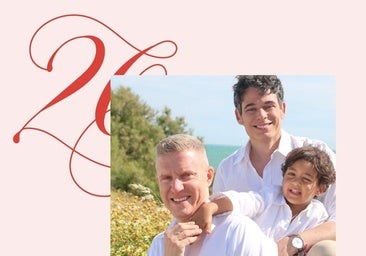

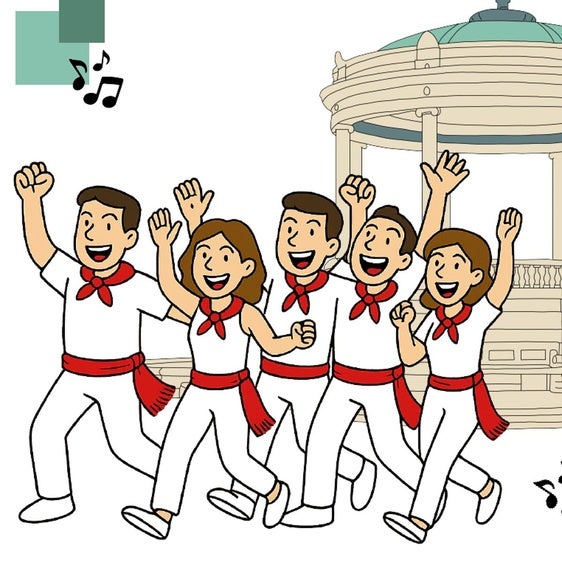
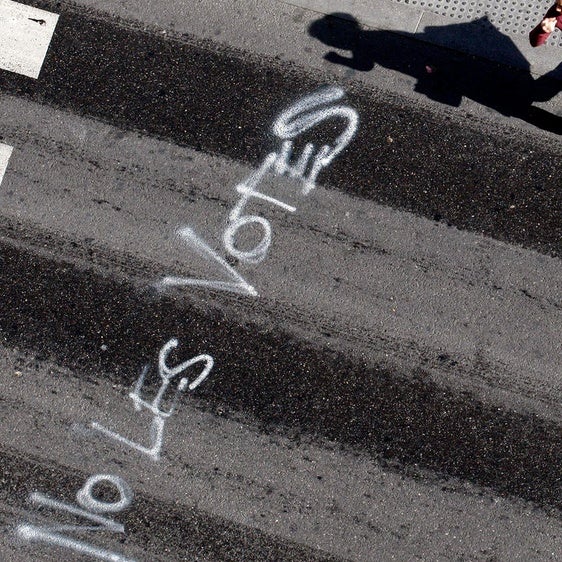

Comentar es una ventaja exclusiva para registrados
¿Ya eres registrado?
Inicia sesiónNecesitas ser suscriptor para poder votar.